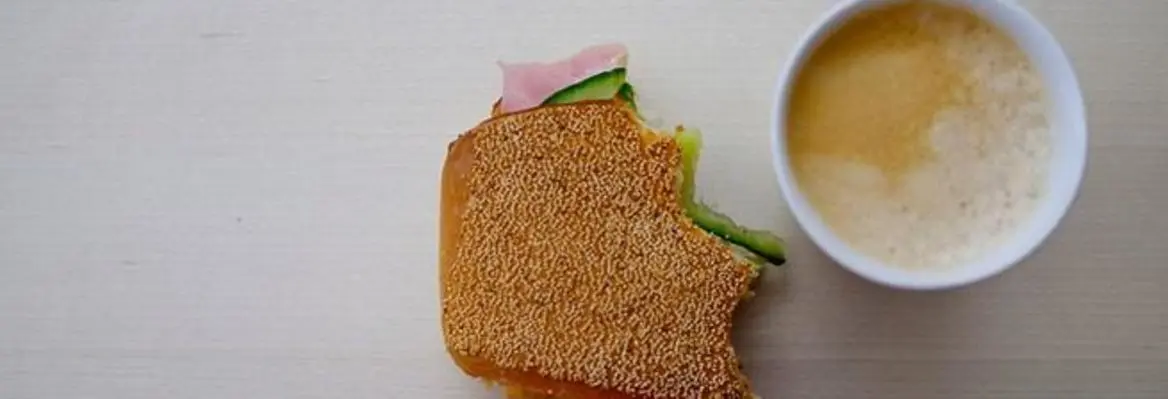Does your life, which was supposed to be a journey on the Orient Express to glamour, adventure and excitement, feel more like a trip on an English branch line with long stops at Hankering, Frittering, Fretting, East and West Dithering, towards the terrible terminus of Slavering? Does your everyday routine seem dreary, trivial, meaningless, burdensome and unfulfilling? Do you wake in the small hours assailed by this terrifying thought: “Nothing is happening, I am gaining no experience, I will die without ever having really lived.”
If the answer to these questions is yes, you are not alone. I have lived a conventional, circumscribed life (not intentionally, it just turned out that way), and on many occasions felt that it was pitifully limited. On other occasions, much less frequent, I have understood that my life has been as rich and strange as any other. This alternative attitude is much more helpful – and to try to make it the default I wrote Embracing the Ordinary: Lessons from the Champions of Everyday Life.
If the problem is a perceived lack of experience, the usual solution is to embark on something excitingly new – travel, adventures, love affairs, bungee jumping. But experience may be deepened as well as widened. There are many ways of appreciating that everyday life is more interesting, comical and mysterious than we ever imagined and which bring the additional advantage of not requiring relocation or significant expenditure.
The arts are especially useful for changing perceptions of the apparently banal and monotonous, but here I concentrate on philosophy’s approach to the everyday. This has often been dismissively negative, but there are inspiring exceptions in the earliest philosophy: the Stoics were the first champions of the everyday.
More recently, we can look to the process philosophy initiated by thinkers like Nietzsche, William James and Henri Bergson, which still flourish today. This is based on the simple idea that everything is process. There is no being, only becoming; no substance and nothing absolute or final, only flux. This way of perceiving helps to dispel the feeling of stale repetition that is such a common response to everyday life. Or, as Bergson concisely expressed: “the same does not remain the same.”
Then there are thinkers like Michel de Certeau, who argued that it is possible to subvert everyday functions and roles not by rejecting them, but by appropriating them for personal purposes. Subversion is always exciting and de Certeau advocated a private, transgressive act he called “the ruse”. A typical ruse would be to use the office machine to photocopy your poetry (for the non-poetic, your genitals), or treating a work meeting as a satirical one-act play staged entirely for your benefit. While de Certeau’s strategy is so simple it would work as a maxim for T-shirts and coffee mugs – ruse it or lose it – it’s perhaps best applied to an everyday, extraordinary life.
Image credit: Kristina Alexanderson





















Join the conversation